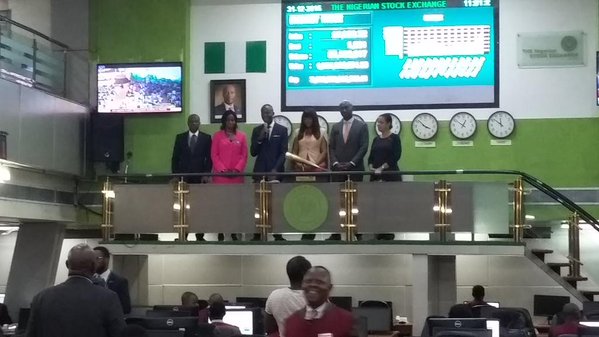President Bola Ahmed Tinubu, on being sworn in, the first thing he did was to make a policy to have a unified dollar exchange to naira. Thus, it meant that dollar would no longer have official and black market rates. However, barely a few weeks after the enactment of the policy, dollar exchange rate in Nigeria has become worse, and a new disparity between naira and dollar has emerged.
The Background
Nigeria’s naira and it’s foreign currency exchange market started having serious issues around 2016 downwards after Muhammadu Buhari was elected. The exchange rate of the dollar to the naira started climbing from 200 naira to over 400 naira at official rate when he left office in 2023. For the black market rate, dollar sold for around 750 naira. Buhari’s government banned the black market because of this.
The exchange rate and Nigerian Forex market hasn’t been stable since then. The naira has often been devalued or depreciated as against foreign currencies.
President Bola Ahmed Tinubu, on coming in, pointed out that the disparity in dollar exchange rate is one of the reasons we are losing business and investors. He unified the dollar exchange rate. However, some weeks along the line, the exchange rate hasn’t stabilized, dollar rate is still high, and dollars are scarce in the market.
There are reasons why it’s still this way, and we’ll be looking at these reasons.
Why it seems Nigeria can’t have a Unified Dollar Exchange Rate …
1. The foremost point is that Nigeria has an economy that is heavily dependent on importation, migration, and foreign education. This means that there are a lot of people looking for the dollar and other foreign currencies. This puts constant pressure on the naira.
2. Nigeria doesn’t produce enough for exportation. If the exportation of Nigeria is higher than the importation and demand for dollars, there won’t be pressure on the naira.
3. Nigerians are terrible hoarders of resources. This leads them to hoard foreign currencies thereby making these currencies scarce in the market.
4. The Nigerians Government and people have failed to create an enabling business environment. Of course, it means that there aren’t enough big businesses to create exportation value for the country, making us importation dependent.
There is the absence of the necessary facilities, infrastructure, security, power, and so on to run businesses in Nigeria.
5. Nigeria depending so much on oil is also another factor. The overdependence on oil made the country neglect other sectors that would have given us good inflow of foreign currencies like the agricultural chain, leatherwork, finished petroleum products, and so on.
There are also other reasons why unifying and stabilizing the exchange rate in Nigeria seems to be failing since 2016 but we can’t list all of them here. The vital point to note is that it will take a while for the stability and unification to happen. To achieve this, attempt must be made at correcting the causes and anomalies.
Conclusion
With good commitment and tackling the background and causes, the Nigerians Government and people can achieved unified exchange rate, and stability. Though, it will take sometime.
